A friend from Karaj came to Qeshm once, armed with sunscreen, curiosity, and a mild sense of superiority.
By the end of her first day, she was baffled.
“Why does everyone here tell the truth?” she asked. “Don’t they know honesty is an outdated hobby — or a chronic condition, at best?”
I told her that down south, honesty hasn’t yet been privatised.
Here, truth-telling is not a virtue but a skill. Under forty-five degrees of heat, lying requires too much stamina.
Later that evening, she stood before the mirror, wrapped awkwardly in a southern chador she had just bought.
“Is this meant to hide me,” she asked, “or show me off?”
“Both,” I said. “Depends on the sunlight, and the woman inside it. Down here, clothing is less about control and more about conversation. A chador or burqa speaks — black says ‘official,’ floral says ‘life goes on.’”
She frowned. “So why so many colours?”
“So we can tuck grief into blue, pride into gold, and humour into deep red. We don’t cover ourselves to vanish; we cover ourselves to be seen.”
She was astonished again at the markets.
“No one tried to cheat me,” she said. “Not even when they could have!”
I smiled. “In this heat, deceit is bad manners and bad business. We trade with grace, not games. Down here, cleverness doesn’t mean catching someone off guard — it means leaving them feeling respected. When the sun looks you in the eye every morning, a mask feels absurd.”
By the time she left, she had discovered that southern hospitality is not about tea and dates; it’s a ritual of trust.
Those who abuse it simply dissolve — like salt in humidity.
When she returned north, I realised what truly sets us apart isn’t our dialect or dress.
It’s the definition of cleverness itself.
Elsewhere, being smart means striking before you’re struck.
Here, it means being so self-assured that no one dares take advantage.
Hormozganis resemble no one but themselves — and maybe, in a world addicted to imitation, that’s our finest joke.

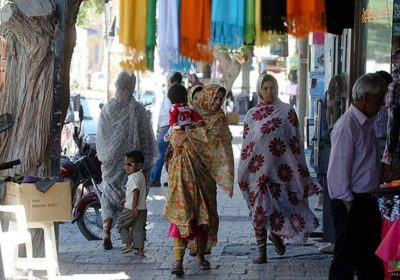




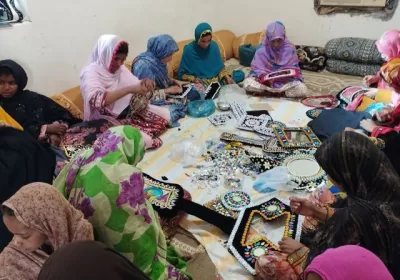

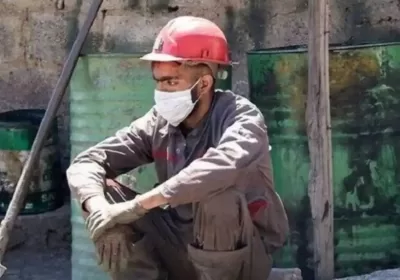


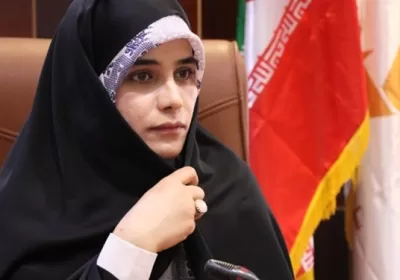
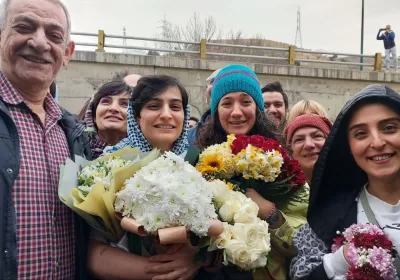
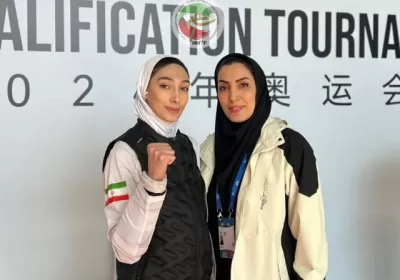
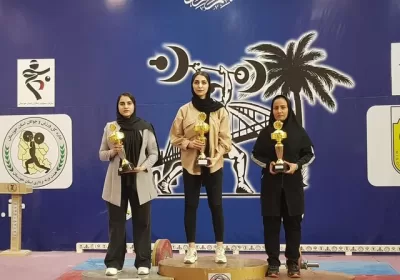
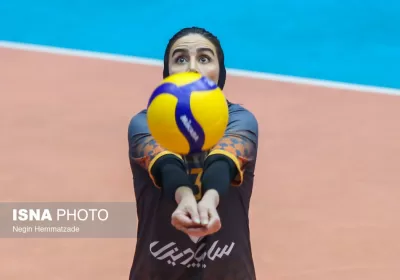
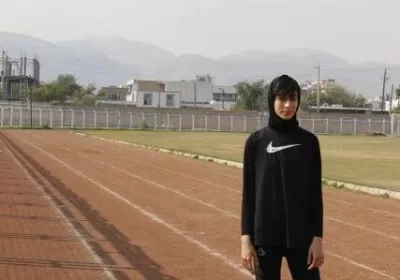

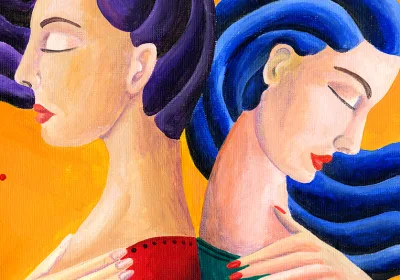

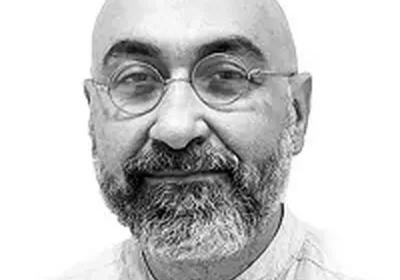
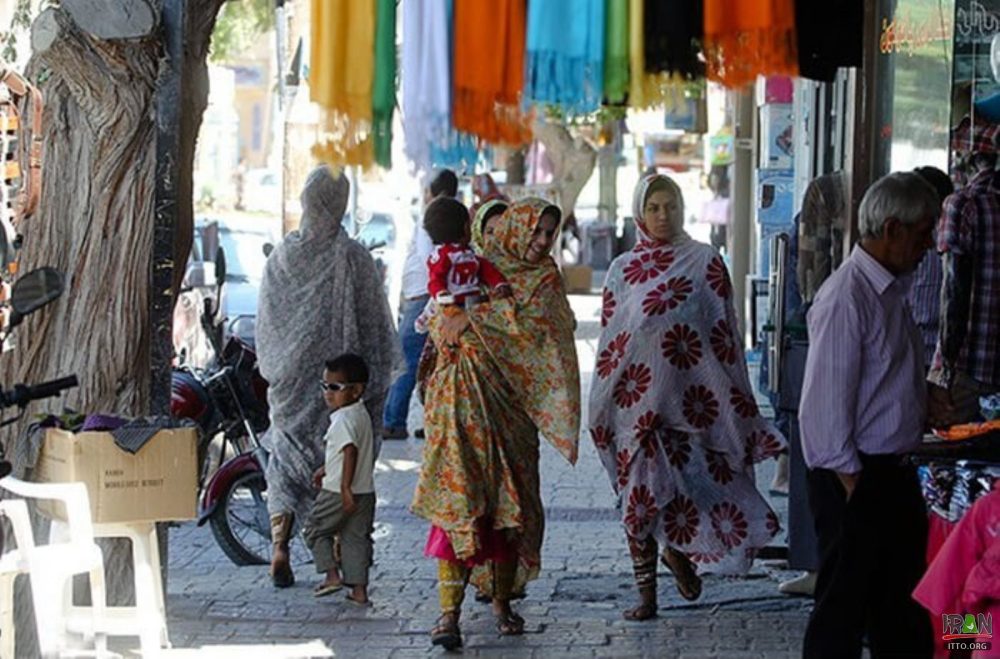

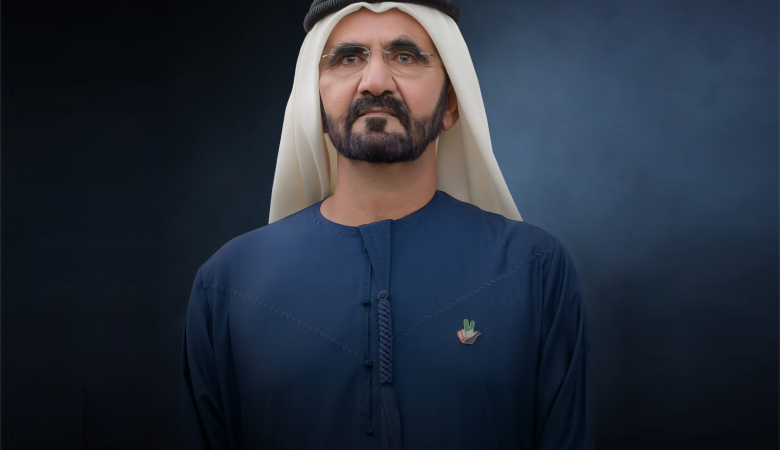
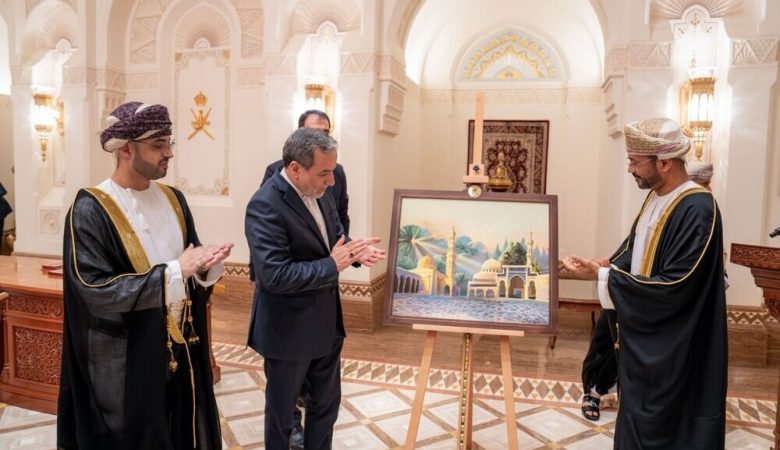
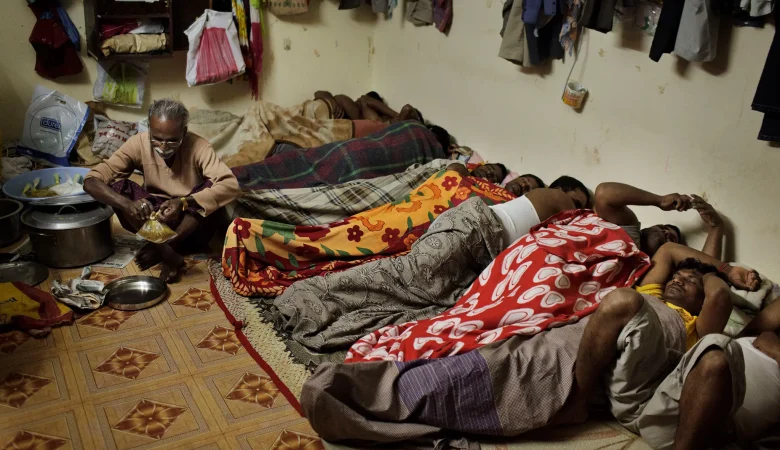
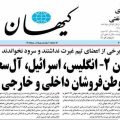
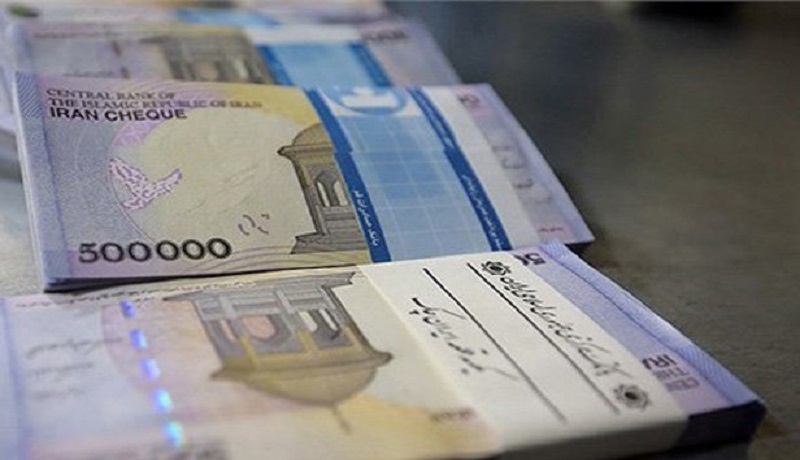


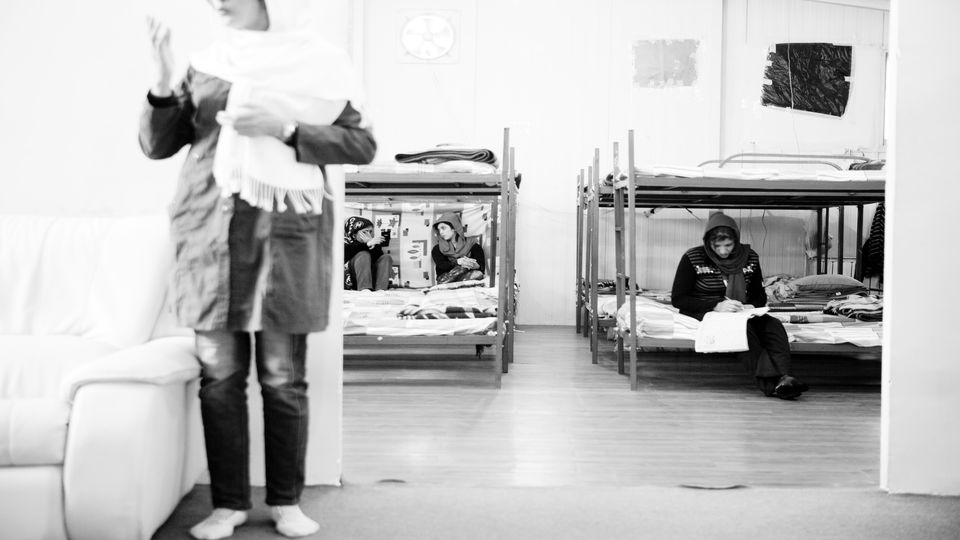
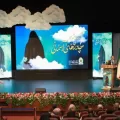

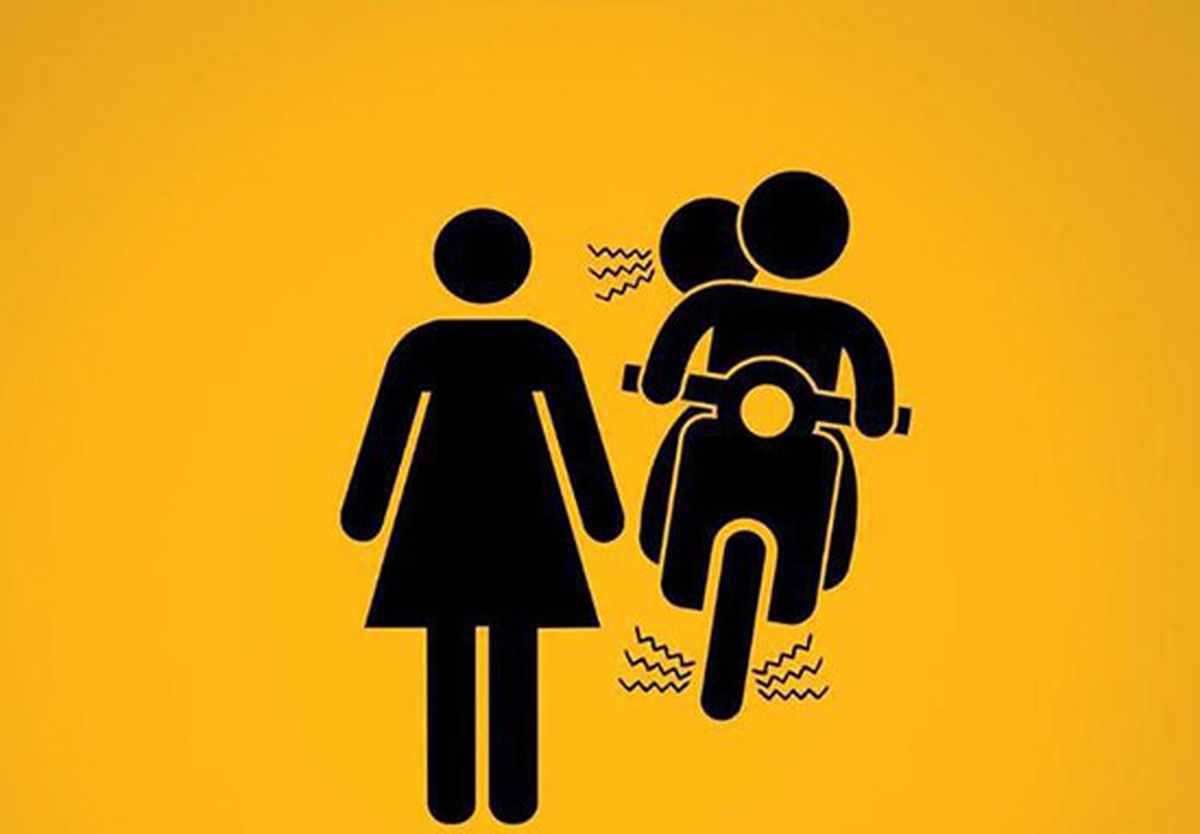
Leave a Reply